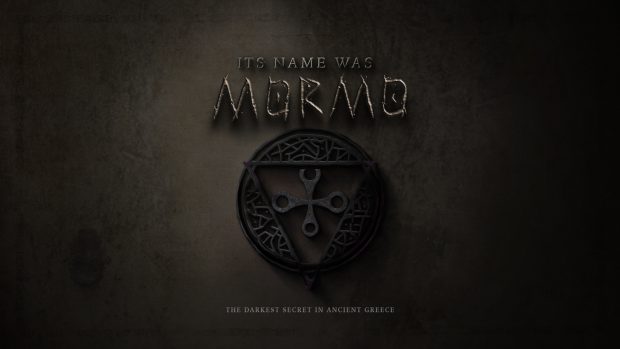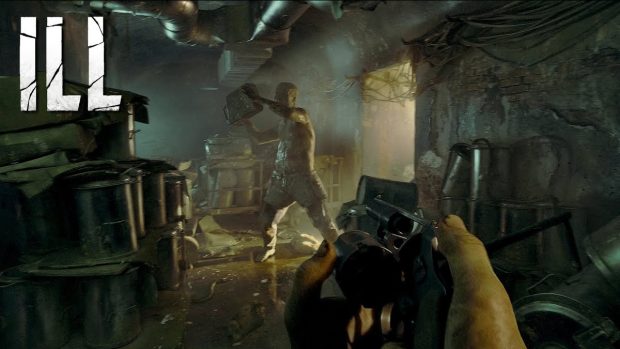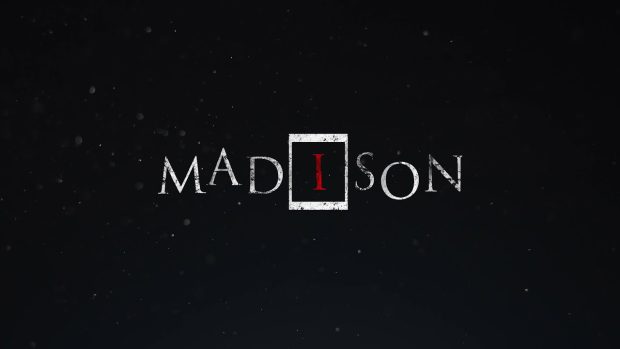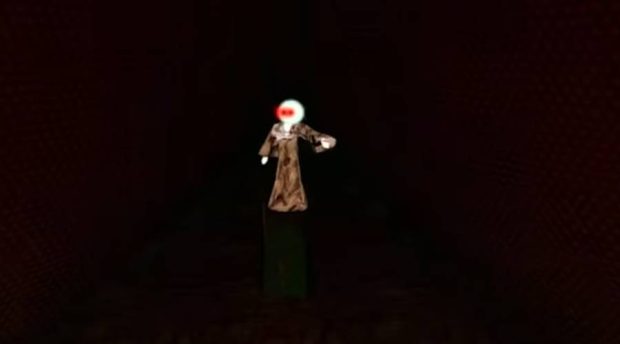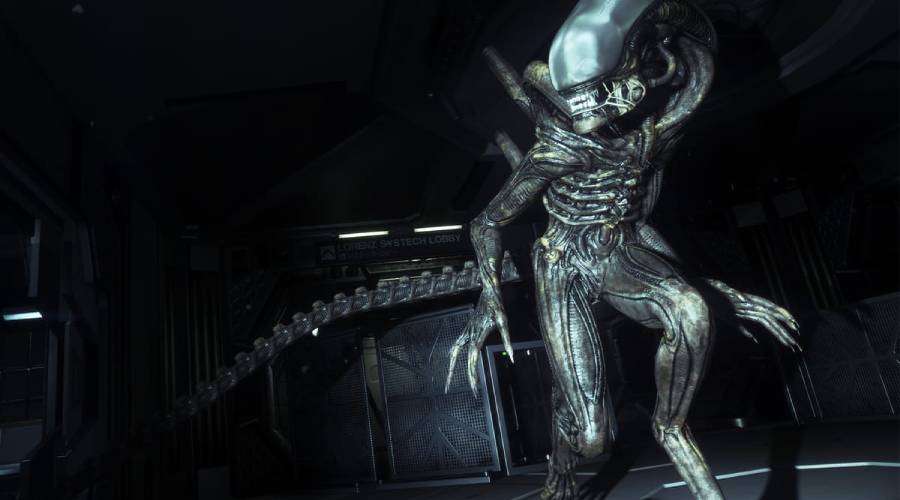
- Platforms: Xbox One, Xbox Series X|S, Xbox 360, PS3, PS4, PS5, PC
- Release Year: 2014
- Developer: Creative Assembly
- Scare Factor: 9
- Genre: Action-Adventure, Stealth, Survival Horror
After nearly seven years since its 2014 debut, Alien: Isolation remains unrivaled in the realm of Alien-themed video games, particularly when compared to recent entries like Aliens: Fireteam Elite. The contrast between these titles underscores a prevailing belief among fans, including myself: that a successful Alien game hinges on its ability to evoke horror or blend action with horror, rather than leaning solely on action.
Aliens: Fireteam Elite, while a solid game, lacks the visceral horror that defined the Xenomorphs in Ridley Scott’s 1979 classic ‘Alien’. Instead, it opts for a more action-packed experience akin to James Cameron’s 1986 sequel ‘Aliens’. The Xenomorphs, once a source of terror, now serve more as targets to be dispatched with iconic weaponry. In contrast, ‘Aliens’ managed to balance action with underlying horror, reminding audiences that even heavily armed Colonial Marines could be outmatched by the perfect organism. Unfortunately, Fireteam Elite doesn’t capture these feelings, opting instead for a ‘Left 4 Dead’ style cooperative gameplay. While enjoyable, it lacks the dread and tension integral to the Alien experience. Perhaps the waning fear of Xenomorphs in gaming stems from their overexposure across various media over the years, compounded by less successful titles like Aliens: Colonial Marines. Alien: Isolation, however, sidestepped these issues by innovating a first-person horror experience where survival hinges on evading, not hunting, the Xenomorph.
With the release of Aliens: Fireteam Elite, I found myself yearning once more for an Alien game like Alien: Isolation. Periodically, I’m gripped by a peculiar desire to wander dimly lit corridors, where every creak and hiss hints at imminent danger a sensation difficult to articulate but undoubtedly potent.
Developed by Creative Assembly, renowned for their ‘Total War’ series, and published by Sega, Alien: Isolation unfolds 15 years after the events of ‘Alien’. Players assume the role of Amanda Ripley, daughter of Ellen Ripley, as she investigates the seemingly deserted Sevastopol space station to uncover the fate of her mother and the Nostromo’s lost flight recorder.
For me, Alien: Isolation remains the definitive Alien experience in gaming. It outshines its peers in every aspect—from its immersive sound design and sophisticated artificial intelligence to its meticulous environmental detail. Much of the game is spent in tense silence, punctuated by the faint rumblings of movement in the station’s labyrinthine corridors or the ominous beep of the motion tracker drawing nearer a masterclass in suspense-building akin to the original ‘Alien’. Like its cinematic counterpart, Alien: Isolation understands the power of restraint, revealing the Xenomorph sparingly to amplify its impact, culminating in heart-pounding encounters.
Let’s discuss the game’s groundbreaking artificial intelligence. Alien: Isolation’s marketing rightfully touted its exceptional AI, which adapts to players’ tactics and choices. Whether players rely on distractions like flares or direct confrontations with the flamethrower, the Xenomorph learns and adjusts its behavior accordingly, ensuring a relentless pursuit that keeps players on edge. This dynamic is facilitated by a dual-brain AI system: one always aware of the player’s location and another with a general sense, creating an illusion of constant threat and stalking.
The environments in Alien: Isolation are meticulously crafted, faithfully capturing the atmosphere of the films that inspired them. From the utilitarian design of the Torrens spaceship to the aging infrastructure of Sevastopol station, each setting feels like a homage to the original 1970s vision of future space exploration.
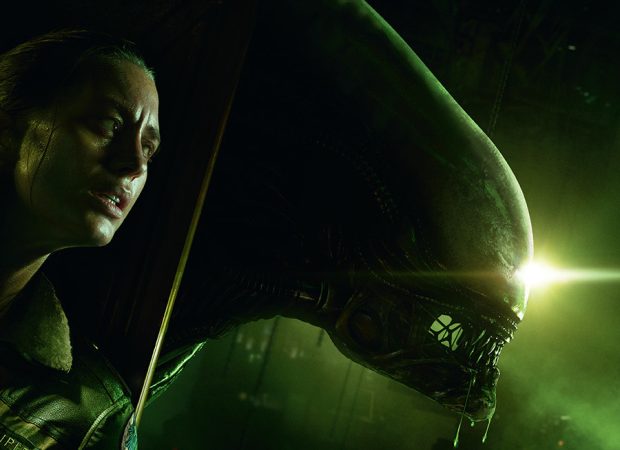
Critics initially cited Alien: Isolation’s length and perceived repetition as drawbacks. However, these elements contribute to its narrative depth and immersive experience. Moments like stumbling upon an Alien hive deep within the station, after a stretch of relative safety, underscore the game’s deliberate pacing and payoff. Personally, I found each mission engaging, dismissing claims of excessive length as unfounded. Shortening the game would have compromised its storytelling and deprived players of the carefully constructed tension and environments that define its excellence.
While some criticize the gameplay for repetitive objectives and backtracking, I found these aspects enhanced the game’s exploration and narrative progression. The station’s evolving state and shifting routes ensure that revisiting areas feels purposeful, reflecting the unfolding chaos and decay gripping Sevastopol.
Despite its critical acclaim, Alien: Isolation’s commercial success was modest, a fate compounded by its mobile sequel, Alien: Blackout, in 2019. Nevertheless, it remains my top game of 2014 and continues to hold sway as a pinnacle of horror gaming, rarely equaled in intensity or atmosphere. I return to it repeatedly, drawn by its mastery of video game horror and its faithful adaptation of the Alien universe. Creative Assembly’s dedication in crafting a genuinely exceptional Alien experience deserves recognition, regardless of commercial metrics.
As we await the next Alien game, there’s anticipation and skepticism about whether it can match or surpass the flawed masterpiece that is Alien: Isolation. Until then, Alien: Isolation stands as a testament to how horror in gaming can transcend mere action, offering an unforgettable journey into fear and survival.
Conclusion:
Alien: Isolation stands as a testament to the enduring power of survival horror in gaming. Released in 2014, it remains unmatched in its ability to instill fear, drawing inspiration from Ridley Scott’s atmospheric masterpiece. Its success lies not only in its technical achievements—superb sound design, sophisticated AI, and meticulously crafted environments—but in its ability to capture the essence of what makes the Alien franchise so iconic. As the gaming world anticipates future Alien titles, Alien: Isolation serves as a reminder that true horror requires more than action; it demands a relentless pursuit of fear, suspense, and the unknown.



